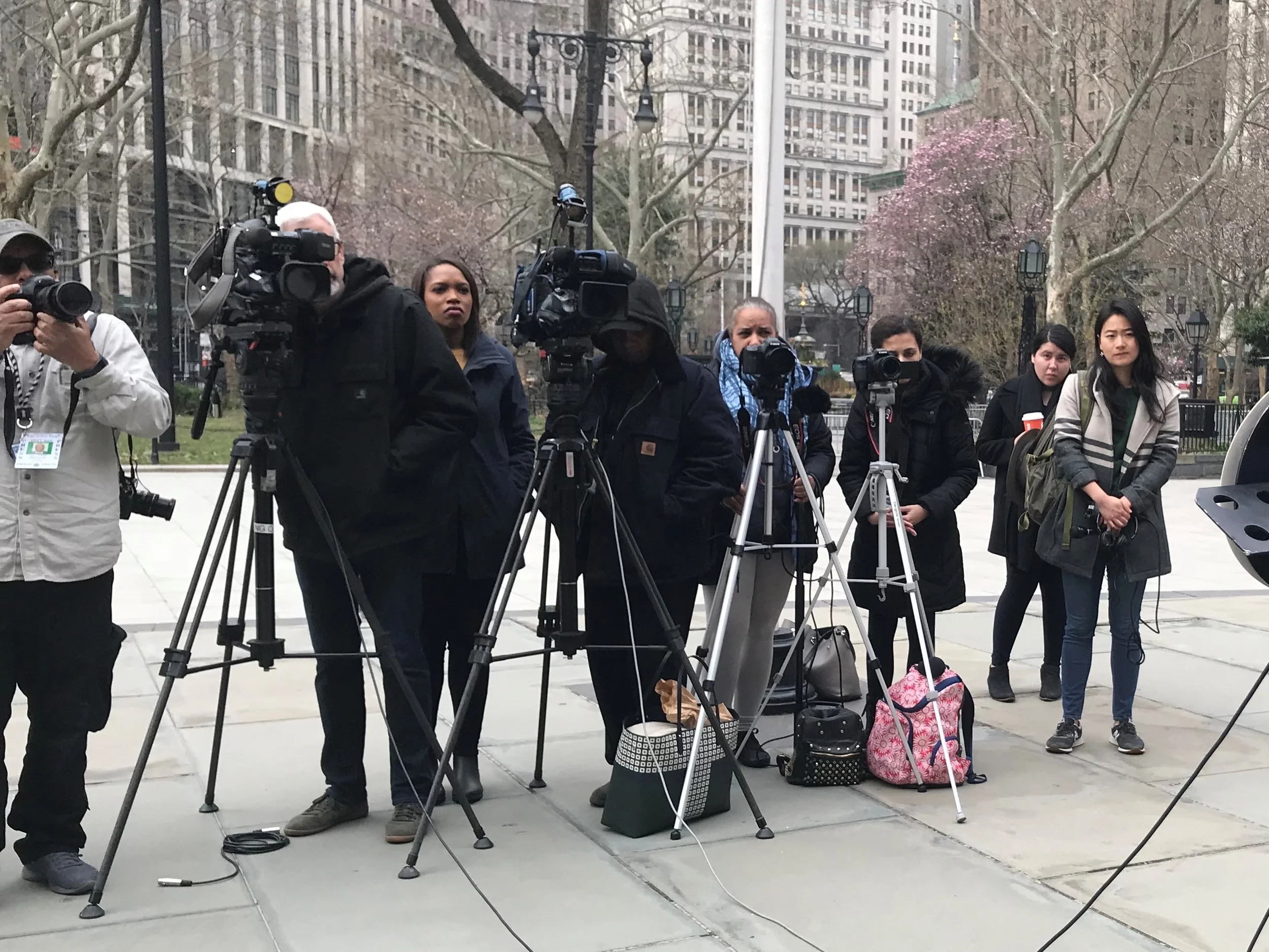San Francisco joins New York City as major cities commit to keeping families connected
SAN FRANCISCO, CA — Yesterday, San Francisco announced that it was no longer charging families for phone calls from the City’s jails or generating revenue through commissary markups. First announced in June of 2019, the changes come after over a year of negotiations with service providers to eliminate costs to families.
“San Francisco’s new jail phone contract is an innovative breakthrough for the prison phone justice movement that protects incarcerated people, their families, and all taxpayers from exploitation at the hands of the predatory prison telecom industry,” said Bianca Tylek, Executive Director of Worth Rises. “All prison and jail administrators should consider adopting a similar contract.”

